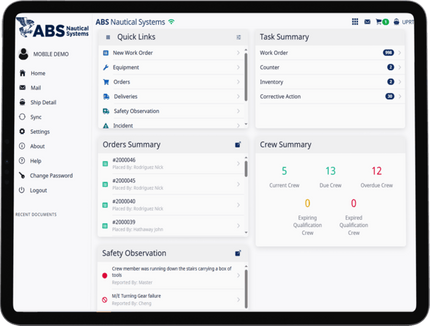AAPA Cites Concerns for TWIC Implementation
“AAPA is strongly in favor of a nationwide transportation worker credentialing system and believes that providing a federal card that includes a terrorist background check of workers will help bolster security at U.S. maritime facilities,” said Kurt Nagle, AAPA’s president and CEO. While urging the Transportation Security Administration to quickly implement the regulations to issue TWIC cards, Mr. Nagle said AAPA wants DHS to ensure the TWIC system is implemented carefully so it doesn’t negatively impact cargo movement through U.S. ports. “Ports handle 99 percent of America’s overseas cargo volumes, and a slowdown in efficiency during a time of unprecedented trade growth would be disastrous for the country,” he said. “Without careful evaluation and consideration of these issues, TWIC could cause significant congestion and bottlenecks at ports, in addition to imposing substantial costs in some areas with little measurable decrease in risk.” DHS estimates that 39 percent of the more than $1 billion cost of implementing TWIC will fall on port facilities. AAPA is urging Congress to appropriate $400 million a year for port facility security though the federal Port Security Grant program to help ensure the security of America’s seaport borders and assist the country’s ports in paying for TWIC implementation.













